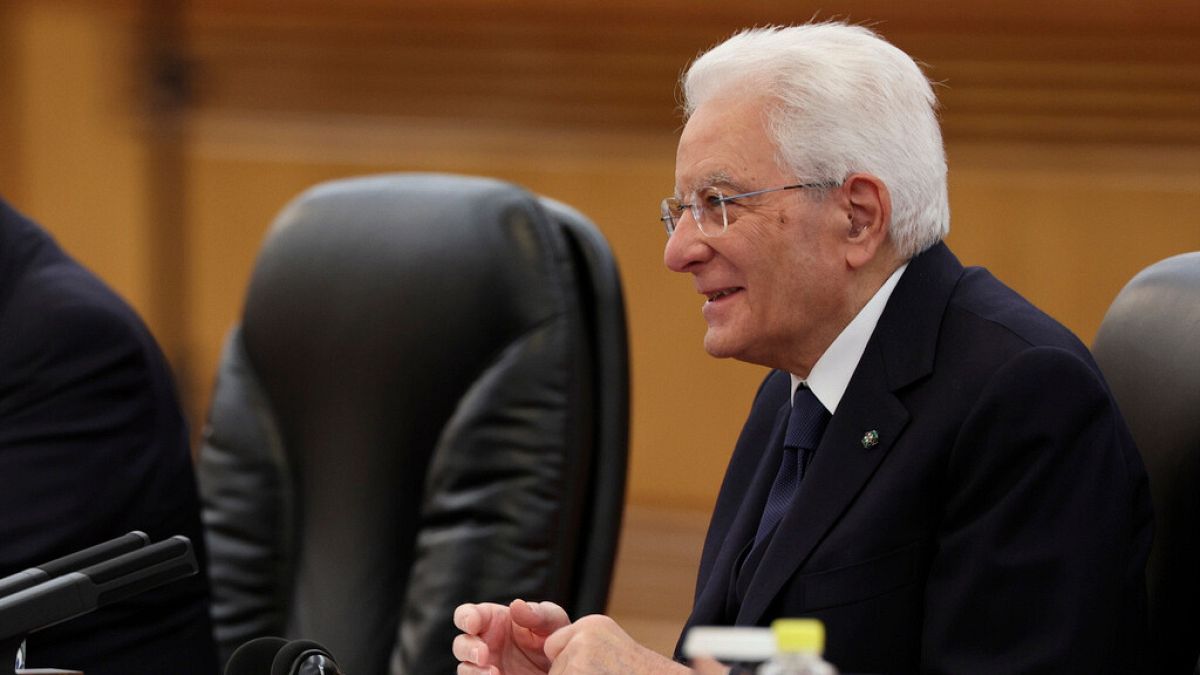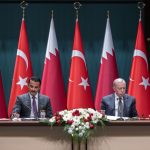Elon Musk has faced criticism for his comments on the court ruling that blocked the transfer of migrants to detention centers in Albania, established through an immigration deal led by Italian Prime Minister Giorgia Meloni. Italy’s President Sergio Mattarella expressed his disapproval of Musk’s interference in the country’s political affairs, reminding him to respect the nation’s sovereignty and constitution. Musk’s remarks questioning the democratic process in Italy sparked controversy, with responses from various political figures including Deputy Prime Minister Matteo Salvini, who supported Musk’s stance.
The court ruling in Rome against Italy’s initiative to outsource the processing and detention of asylum seekers to Albania has caused a setback for Meloni’s immigration scheme. The disagreement stemmed from the designation of Egypt and Bangladesh as “safe” countries for repatriation, which was contradicted by the ECJ ruling that no country of origin can be considered completely safe. This ruling led to the return of migrants from Albania back to Italy, pending further clarification from the ECJ on the legality of repatriation to designated safe countries. The court’s decision has raised concerns about the effectiveness of Meloni’s plan to reduce irregular migration into Italy and its potential impact on other European countries considering similar policies.
Italian President Sergio Mattarella called out Elon Musk for his criticism of the court ruling, emphasizing the importance of respecting Italy’s sovereignty and constitution. While Musk’s comments sparked controversy, his spokesperson reaffirmed his commitment to freely express his opinions despite the backlash. The involvement of foreign figures like Musk in Italy’s political affairs has raised questions about the boundaries between global influence and national autonomy. However, Deputy Prime Minister Matteo Salvini supported Musk’s stance, highlighting the divisive nature of the court ruling and its implications for Italy’s immigration policies.
Italian Prime Minister Giorgia Meloni’s immigration deal with Albania faced a setback following the court ruling in Rome, which questioned the legality of repatriating migrants from designated safe countries. The disagreement over the implementation of the processing centers in Albania has sparked a legal and political dispute, with implications for Italy’s stance on irregular migration. The ruling’s impact on Italy’s relations with other European countries and the broader implications for EU immigration policies remain to be seen. The court’s decision has challenged the effectiveness of Meloni’s initiative and raised concerns about its feasibility in addressing the complexity of migration issues facing Italy and the EU.
The conflict over the court ruling on Italy’s immigration scheme highlights the complexities of shaping national policies in a global context. Foreign figures like Elon Musk weighing in on Italy’s political affairs demonstrate the interconnected nature of political decisions across borders. The dispute over the repatriation of migrants to designated safe countries raises questions about the legal framework for asylum seekers in Europe and the challenges of implementing effective migration policies. Italy’s response to the court ruling and the future of Meloni’s immigration scheme will shape the country’s approach to addressing migration challenges and its relationship with neighboring countries in the EU.
In conclusion, the court ruling on Italy’s immigration scheme and the involvement of foreign figures like Elon Musk in the political discourse highlight the complex dynamics of global migration policies. Italy’s response to the setback and the legal challenges it faces in implementing its initiative will have lasting implications for the country’s stance on irregular migration and its relations with other European nations. The debate over the court ruling underscores the need for a comprehensive and coordinated approach to addressing migration issues in Europe, balancing national interests with international obligations. Italy’s handling of the situation and its engagement with the EU will be crucial in shaping the future of migration policies in the region.











